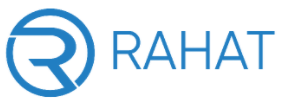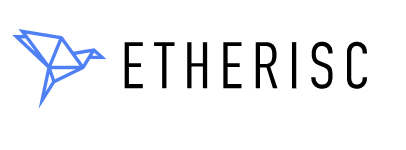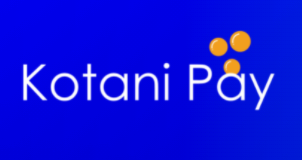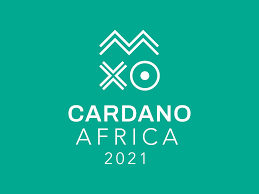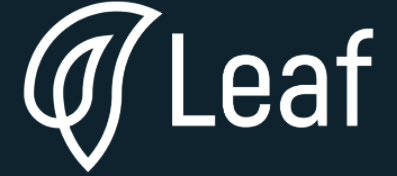Five exciting international development projects making use of blockchain and crypto
In the Project Showcases series of the Crypto Altruism blog, I have been highlighting the work of exciting blockchain and cryptocurrency-based projects that are improving the world.
In this post, I will be highlighting five of these projects that are making use of blockchain and crypto to address real and urgent challenges in the developing world.
1. Rahat
Rahat, is a platform developed by eSatya that has the goal of improving the distribution of emergency aid during humanitarian crises. This project makes use of mobile, blockchain-based tokens to manage transactions between beneficiaries, vendors, and aid organizations.
The Rahat project uses mobile-based blockchain tokens to manage transactions between beneficiaries, vendors, and aid organizations. The efficiency of the underlying blockchain technology allows for rapid aid distribution while cutting down on many of the normal costs such as bank fees, staffing costs, etc.
To receive aid, beneficiaries would need to only have access to a mobile phone. In essence, beneficiaries receive their tokens via SMS message, and can spend their tokens at local vendors for cash or goods. On the other end, vendors can then change their tokens for local currencies via the aid agencies or participating financial institutions.
To learn more about Rahat, check out our blog post showcasing this project.
2. Etherisc
Etherisc address a real challenge faced by smallholder farmers in the developing world – a lack of affordable agricultural insurance. Agricultural insurance helps protect farmers by insuring them against losses due to environmental causes. However, due to prohibitive costs, only 3% of smallholder farmers have access to agricultural insurance.
To address this issue, Etherisc provides affordable, blockchain-based insurance to smallholder farmers in developing countries. The blockchain, which is built on the Ethereum network, uses smart contracts to automatically make insurance payouts during extreme weather events that are tied in to the blockchain via Chainlink’s oracle network. The end result is a fair, transparent, and tamper proof process, where payouts are made in a timely manner.
To learn more about Etherisc, check out our blog post showcasing this project.
3. Kotani Pay
Kotani Pay, a Kenya-based start up, provides a blockchain-based mobile banking app for individuals without access to a bank account, smartphone, or internet. Whereas most mobile financial apps require a smartphone with access to data or Wi-Fi, Kotani Pay makes use of Unstructured Supplementary Service Data (USSD), the primary mobile interface in the developing world, to provide users access to their blockchain-based platform. USSD can be used with basic feature phones and does not require access to the internet.
By dialing a short code in their phone, users will be given access to a menu through which they can easily convert crypto to fiat, and vice-versa. Users can use this to move funds between their blockchain and mobile wallet, without the need for public or private keys, simplifying the process for transacting with cryptocurrency.
To learn more about Kotani Pay, check out our blog post showcasing this project.
4. Cardano Africa
There has been a lot of talk about Cardano in Africa, and specifically, their recent partnership with the Ethiopian Government, a partnership which is the first of its kind. In fact, IOHK, Cardano’s founding organization, calls it the “biggest blockchain deal ever”.
IOHK is working with Ethiopia’s Ministry of Education to implement a digital identity for five million students and teachers based on Cardano’s blockchain and Atala PRISM technology. Atala PRISM, which is built on the Cardano blockchain, is “a decentralized identity solution that enables people to own their personal data and interact with organizations seamlessly, privately, and securely.” Cardano states that “this technology will create a national attainment recording system; to verify grades, monitor school performance, and boost nationwide education.”
Simply put, this project uses the Cardano blockchain to create a standardized Student ID system, and a reliable, decentralized “database”, to document student grades and achievements. However, the future use cases for this technology are endless, and go well beyond just helping students in Ethiopia.
To learn more about Cardano Africa, check out our blog post showcasing this project.
5. Leaf Global FinTech
Leaf Global FinTech provides a tangible solution to a serious challenge faced by refugees and vulnerable populations: being able to safely store and access cash while fleeing terrible situations.
Leaf is accessible to anyone with a basic phone and allows you to store money and send it to friends and family safely and without banking fees, while allowing users to cash in and out using mobile money. It also enables individuals to send money in one currency, and to be received in another. This is key, as family and friends may be separated when fleeing and could end up in different countries using different currencies.
Users are able to create an account on any mobile phone, and can deposit cash at a local money agent, which includes all major mobile money providers in the countries they’ve launched in. Once the mobile money is in a user’s Leaf wallet, it is easily accessible abroad, and family and friends can even contribute to it. This allows for a much simpler way of storing, sending, receiving, and accessing cash than has traditionally been available.
To learn more about Leaf Global FinTech, check out our blog post showcasing this project.
What are some other international development projects making use of blockchain and crypto ? Tweet us at @Crypto_Altruism to let us know what you think, we’d love to hear from you!

